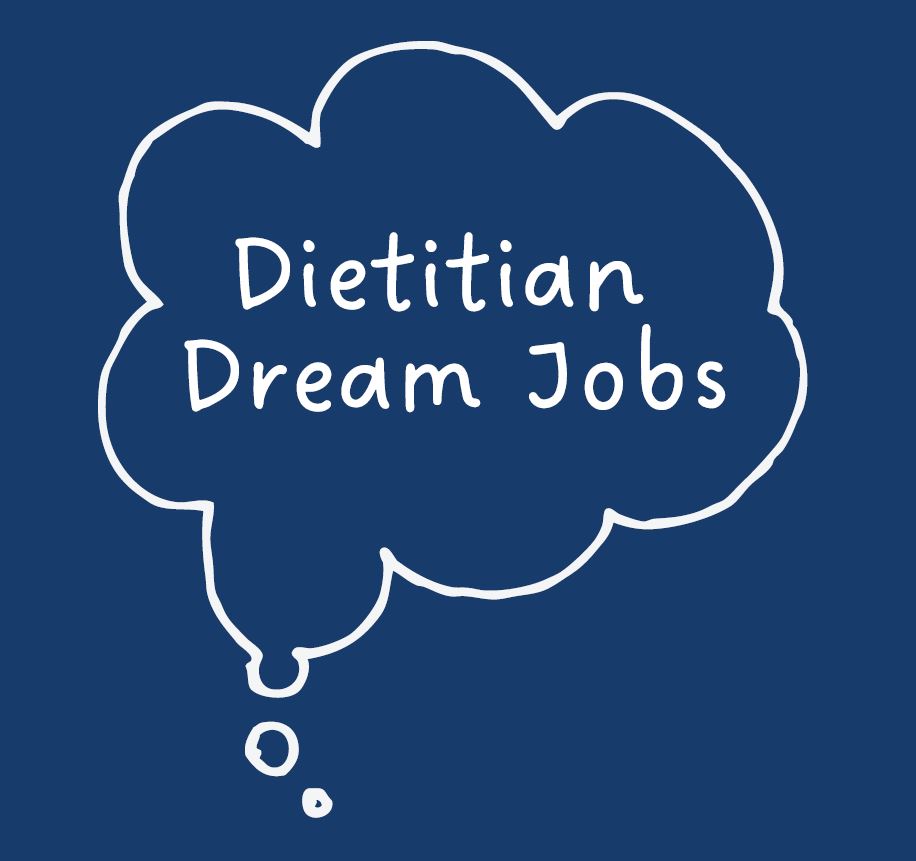Request Information
Ready to find out what MSU Denver can do for you? We’ve got you covered.
A degree in nutrition can lead to a variety of career paths in healthcare, public health, corporate wellness, and beyond! Whether you’re interested in clinical work, community outreach, or blending nutrition with sports and communications, there are many options to explore. You can see the types of jobs you can pursue down below.
Typical Setting: Public Health, Schools
Provides Nutrition Education and Develops Community Programs.
Typical Setting: Nonprofits, Clinics, Governments
Delivers Health and Nutrition Education to groups and individuals
Typical Setting: Healthcare, Long-term Care
Manages Dietary Services and supervises Food Service Staff
Typical Setting: Wellness Centers, Private Practice
Provides General Nutrition Advice and Wellness Coaching
Typical Setting: Community Orgs, WIC, Schools
Assists with Program Support and Client Education
Typical Setting: Food Industry, Regulatory Bodies
Inspects Food Service Operations for Safety and Compliance
Typical Setting: Food Manufacturing, R&D
Develops and tests Food Products for quality and nutrition
Typical Setting: Media, Companies, online
Creates Educational Content and Articles on Nutrition Topics
Typical Setting: Hospitals, Clinics, Outpatient Centers
Provides Medical nutrition Therapy, manages patient diets, and collaborates with healthcare teams.
Typical Setting: Sports Teams, Athletic Departments, Fitness Centers
Specializes in Nutrition for Athletic Performance, Recovery, and Injury Prevention.
Typical Setting: Hospitals, Healthcare Systems
Oversees Clinical Nutrition programs, supervise staff, and ensures regulatory compliance.
Typical Setting: Public Health, Community Organizations, WIC
Designs and implements Nutrition Programs for Populations, Provides Education and Outreach.
Typical Setting: Private Practice, Telehealth
Offers Individualized Nutrition Counseling, may specialize in areas like weight management or sports nutrition.
Typical Setting: Businesses, Wellness Companies
Develops and Manages employee wellness and nutrition programs.
Typical Setting: Universities, Research Institutions, Industry
Conducts Nutrition Research, Clinical Trials, and Data Analysis;
may publish.
Typical Setting: Consulting Firms, Self-Employed
Provides Expert Advice to Organizations, Food Companies, or Individuals on nutrition-related matters.
Direct client impact, flexible/remote work, autonomy, meaningful outcomes
Creative Work, Public Education, Flexible/Self -Directed, High Visibility
Specialized, Challenging, Highly Impactful, Strong Professional Community
Innovative, Tech-Driven, Remote Opportunities, Content Creation
Leadership, Impact on patient care, Team Management, High Autonomy
Corporate Environment, Program Development, Flexible Schedule, Direct Impact on Employee Health

All Access Dietetics has created the Dietitian Dream Jobs E-Book which provides details on job descriptions, work settings, audiences served, salaries and more.
Looking for jobs or experiential learning opportunities in this field?
Overview of the Matching Process
Match Cycles: Two match periods—Feb 15 (for fall starts) and Sept 15 (for spring starts). Registration and ranking deadlines are strict.
Application System: Most DI programs use DICAS. You can apply to multiple programs.
Matching Registration: You must register separately with D&D Digital and pay a fee.
Ranking: Applicants and programs rank each other on D&D Digital.
Rank Honestly: Rank programs by true preference; ranking lower doesn’t hurt your chances.
Matching Process: A computer algorithm matches applicants to the highest-ranked program that also ranks them highly.
Identify accredited DI programs that match your interests, goals, location, and eligibility.
Consider cost, paid/unpaid status, length, specialty, prerequisites, acceptance rates, and graduate degree requirements.
Set Up Account: Enter your personal, academic, and professional info.
Apply to Multiple Programs: One application for many programs, but customize sections like personal statements for each.
Transcripts: Have official transcripts sent directly to DICAS.
Recommendations: Enter recommenders’ info in DICAS to trigger reference requests.
Personal Statement: Write a tailored statement for each program, highlighting your motivation, experiences, goals, strengths, and why you are interested in that specific program.
MSU Denver Nutrition and Dietetics graduates are eligible to take the Dietetic Technician, Registered (DTR) exam to earn the DTR credential. Once you have graduated and received your DPD Verification Statement from MSU Denver, you may apply to take the exam.
Please provide the following to the DPD Director:
For more information you can also review the Commission on Dietetic Registration Instructions for applying for the DTR Exam.
Allocate adequate time to study. Students are often surprised by the number of test questions focused on food service and food service management (~50% of the exam). Our program is not designed to prepare you for this exam; it is designed to prepare you for the internship and RD exam.
Other graduates have recommended the following study resources: the “secrets” guide to the DTR by the company Mometrix and flashcards online via cram.com. The program has a copy of the Academy’s 6th Edition of the Study Guide for the Registration Examination for Dietetic Technicians (2011). You may review this guide, including a practice examination, in our office.
Also, it’s always helpful to check in with past graduates who have passed the exam through the Auraria Campus Student Dietetic Association Facebook page.
Want more information?
For more information on career opportunities, please contact the Department of Nutrition. Click below to send us an email!
Email UsDepartment of Nutrition
Phone:
303-615-0990
Office Location:
West Classroom 254
Office Hours:
8:00am – 5:00pm
Mailing Address:
Metropolitan State University of Denver
Department of Nutrition
Campus Box 33N
P.O. Box 173362
Denver, CO 80217-3362